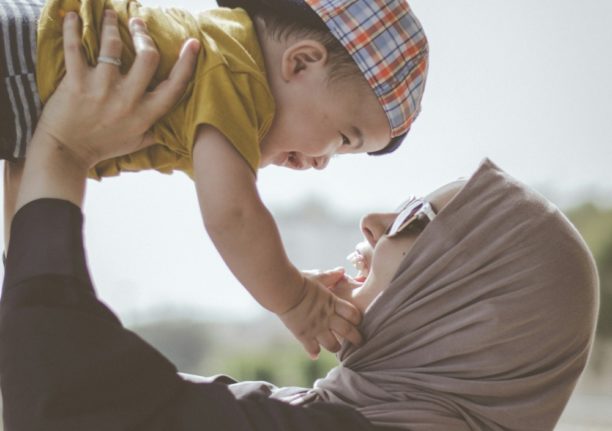Figures from national agency Statistics Denmark, first reported by science journal Videnskab.dk, show that women in the statistical group “non-Western immigrants” have 1.4 children on average, while women with Danish heritage have 1.6 children on average.
The numbers are from 2023 and apply to the total number of children women have throughout their life.
The new data represents a reversal of a trend in recent years in which birth rates were lower for Danes, and were described as “surprising” by Professor Christian Albrekt Larsen of Aalborg University’s Sociology department.
“Traditionally, non-Western immigrants have pulled the birth rate in Denmark upwards. Now they have around the same fertility rate as Danish women,” Larsen told Videnskab.
Statistics from 1993 show that, 30 years ago, non-Western women in Denmark had an average of 3.4 children. Their birth rate has therefore halved over the course of three decades.
For statistical purposes, Statistics Denmark considers a person to be Danish if she or he has at least one parent who is a Danish citizen and was born in Denmark.
The trend is a sign that women of immigrant background have adapted culturally to Denmark’s welfare state according to Peter Fallesen, a research professor with the Rockwool Foundation who specialises in children and fertility.
“When you move to another country there is a cultural adaptation to the new country. In Denmark this is often about becoming less dependent on children, both in regard to labour and when you get older and need help,” Fallesen told Videnskab.
The research professor also noted that harder financial circumstances related to inflation and certain political decisions can affect the desire and options available to immigrant women who have children.
Falling birth rates have caused concern in a number of countries, including Denmark, where the average fertility rate in 2022 and 2023 was 1.5. A birth rate of 2.1 children per woman is considered to be necessary for a society to sustain itself.
Meanwhile, all EU countries along with Andorra, Australia, Canada, Iceland, Liechtenstein, Monaco, New Zealand, Norway, San Marino, Switzerland, the United Kingdom, the United States and the Vatican are considered ‘Western’.
Everywhere else – all of Latin America, Africa and Asia, and some eastern European countries including Ukraine – is ‘non-Western’.



 Please whitelist us to continue reading.
Please whitelist us to continue reading.
Member comments